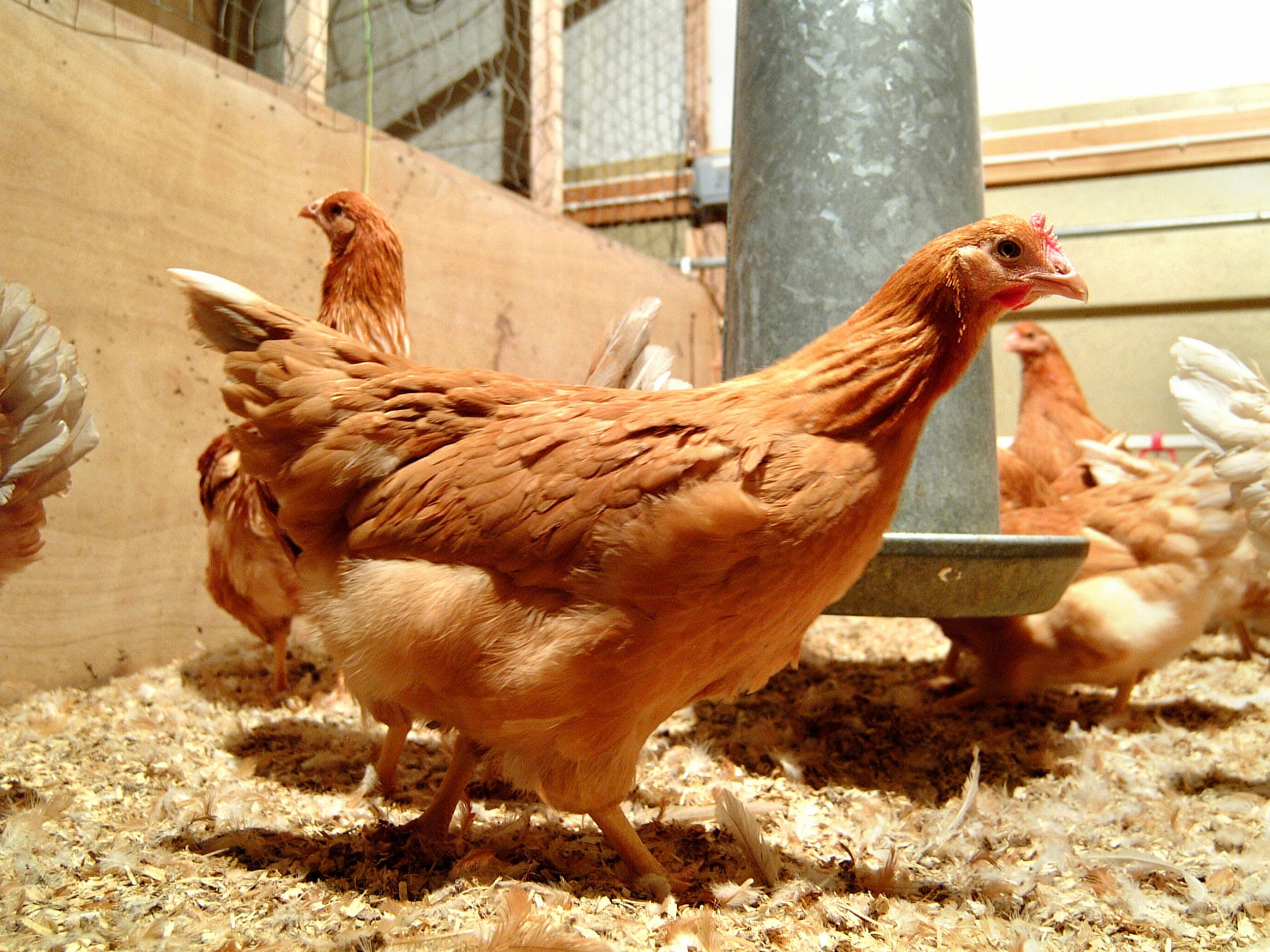Genetically modified chickens lay eggs with cancer-killing chemicals inside
Scientists say proof of concept study could set stage for cheaper production of useful proteins to fight disease

Your support helps us to tell the story
From reproductive rights to climate change to Big Tech, The Independent is on the ground when the story is developing. Whether it's investigating the financials of Elon Musk's pro-Trump PAC or producing our latest documentary, 'The A Word', which shines a light on the American women fighting for reproductive rights, we know how important it is to parse out the facts from the messaging.
At such a critical moment in US history, we need reporters on the ground. Your donation allows us to keep sending journalists to speak to both sides of the story.
The Independent is trusted by Americans across the entire political spectrum. And unlike many other quality news outlets, we choose not to lock Americans out of our reporting and analysis with paywalls. We believe quality journalism should be available to everyone, paid for by those who can afford it.
Your support makes all the difference.Genetically modified chickens that produce human proteins with anti-cancer effects in their eggs could provide a cost-effective way to produce drugs, research suggests.
Scientists at the University of Edinburgh’s Roslin Institute initially set out to produce proteins that could be used in scientific experiments.
However, they found the drugs they were creating worked as well as those produced using existing methods.
Large quantities of the valuable substances can be extracted from the eggs, with three eggs proving enough to produce an adequate dosage.
The scientists added genes to the chickens’ DNA coding for human protein called IFNalpha2a, which has anti-viral and anti-cancer effects, and another protein called macrophage-CSF, which is involved in the production of white blood cells.
These substances are produced as part of the egg white, and the genes have no harmful effects for the chickens.
“We are not yet producing medicines for people, but this study shows that chickens are commercially viable for producing proteins suitable for drug discovery studies and other applications in biotechnology,” said Professor Helen Sang of the Roslin Institute.
While the new research is still in its early days, the scientists said it provided a “promising proof of concept” that could set the stage for improved drug production.
As chickens are capable of laying up to 300 eggs every year, the scientists suggest this method could provide a cheaper approach than existing methods.
Often producing protein-based drugs to treat cancer and other diseases involves a complex and expensive production and purification process involving mammal cell cultures.
Eggs are already used to grow viruses for use in vaccines, and other animals such as goats have been genetically modified in the past to produce useful proteins in their milk.
The new research was published in the journal BMC Biotechnology.
Join our commenting forum
Join thought-provoking conversations, follow other Independent readers and see their replies
Comments